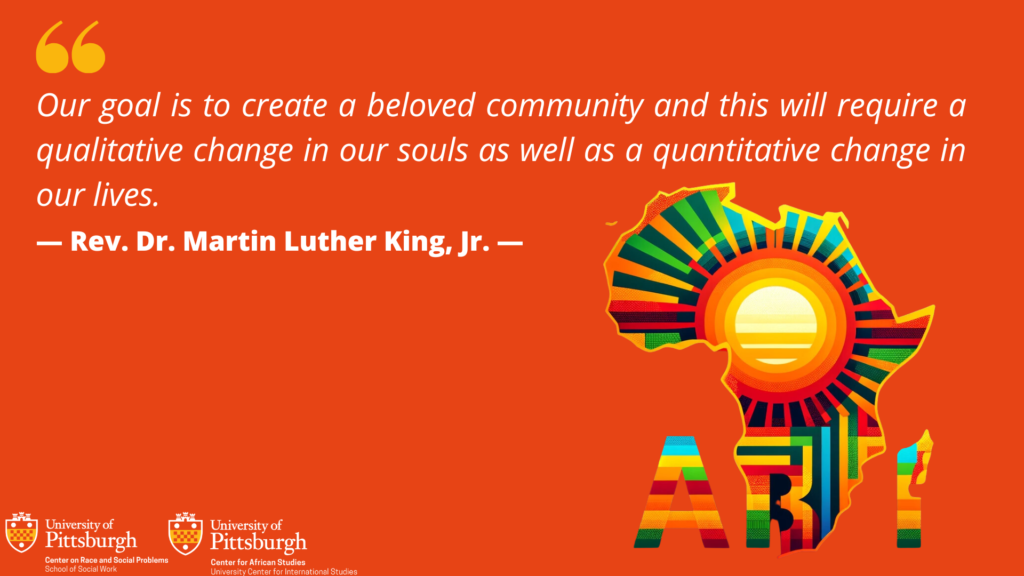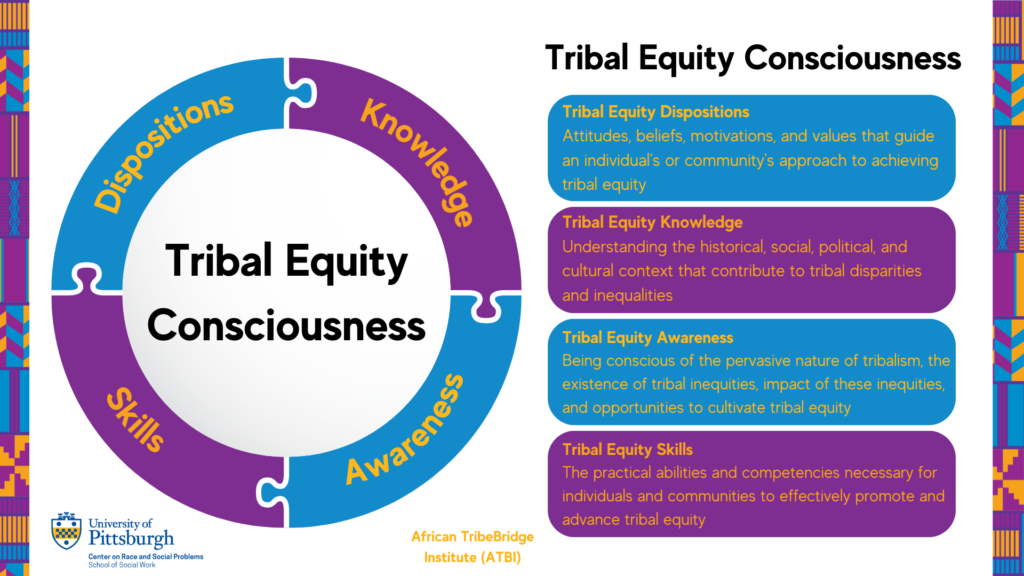About Us

About ATBI
Tribalism, akin to systemic racism, remains a deep-rooted and pervasive issue in Africa. It operates as an underlying current, subtly influencing socio-economic and political decisions, relationships, and community dynamics. Much like systemic racism, tribalism becomes entrenched in societal structures, perpetuated by deep-seated biases, misconceptions, and, oftentimes, sheer ignorance of the rich tapestry that diverse tribes bring to the table. Historically, tribal conflicts have led to disunity, displacement, and, in severe cases, violence. Prominent African scholars, such as Chinua Achebe, have touched on the destructive nature of tribalism and its influence in destabilizing communities and countries.
However, this doesn't have to be Africa's narrative. We can rewrite the script. To combat such deeply embedded issues, we need an approach that's just as profound: "Systemic problems necessitate systemic solutions." Addressing tribalism requires understanding its origins, nuances, and manifestations in modern society. It demands a shift in perspective, moving from seeing tribes as divisive entities to appreciating them as vibrant units of a larger, cohesive African identity.
The African Tribe Bridge Institute (ATBI) emerges as a beacon of hope in this regard. ATBI is dedicated to creating bridges where walls once stood, fostering an environment of unity, mutual respect, and appreciation. Through the lens of the Tribe Bridge framework (illustrated below), ATBI uses an overabundance of resources such as narratives from diverse tribes, documentaries, scholarly articles, open dialogues, community engagements, and more. This institute doesn't merely aim to educate; it aspires to transform, nurturing individuals to champion unity in diversity, becoming ambassadors of reconciliation in their communities.
ATBI's vision isn't restricted to a singular tribe, community, or nation. It's Pan-African, echoing the sentiments of unity echoed by African visionaries like Dr. Kwame Nkrumah. The institute is built upon collective knowledge, enriched by contributions from various communities, making it a living, evolving hub of knowledge and action against tribalism. In essence, ATBI stands as a testament to Africa's commitment to unity, diversity, and a brighter, cohesive future.
The Tribal Equity Consciousness Framework

Through the upcoming resource platform, learners & teachers can explore and engage the tribal equity consciousness framework and, ultimately, cultivate the confidence and mindsets to be innovative and action-oriented agents for transformative social change.
